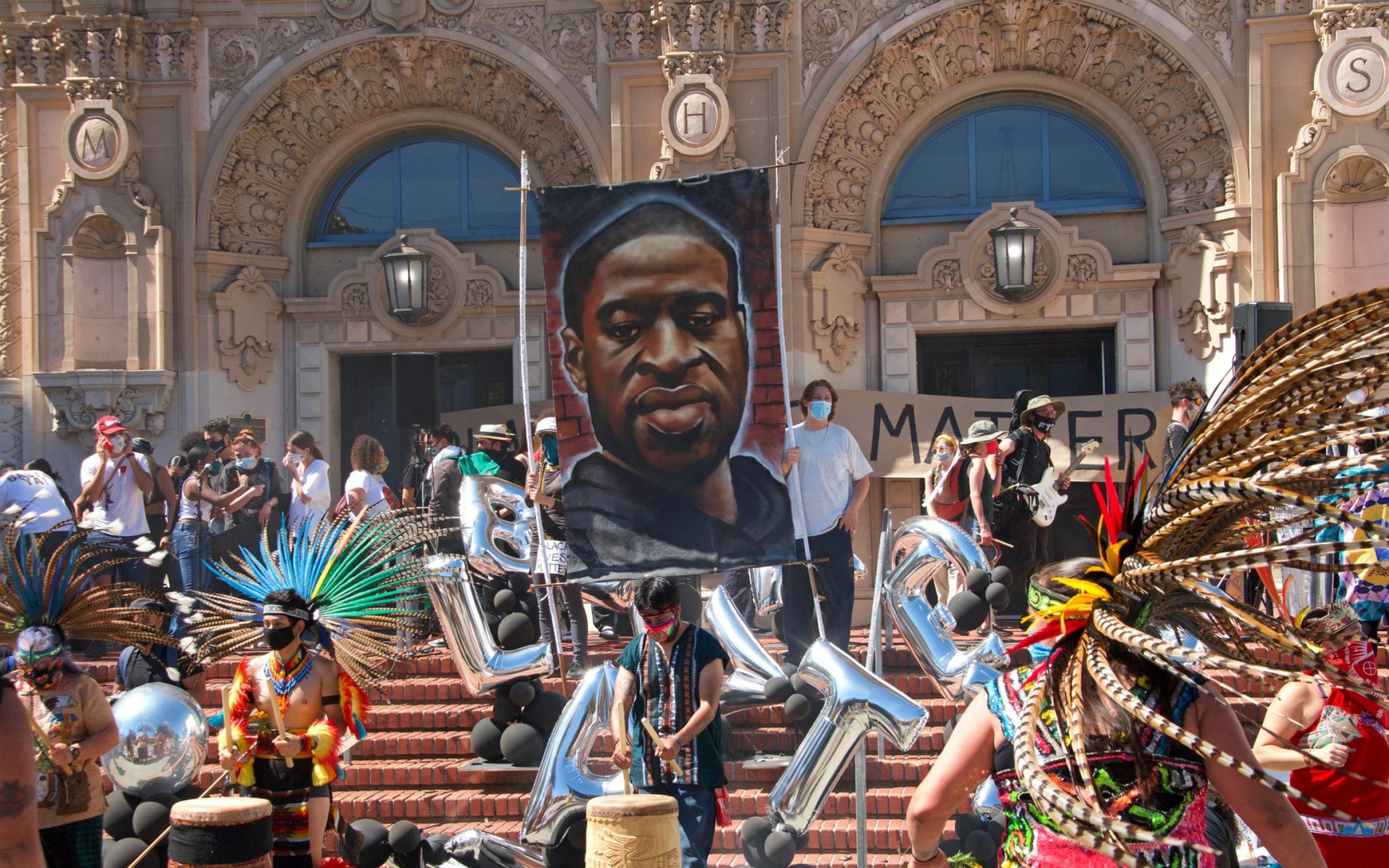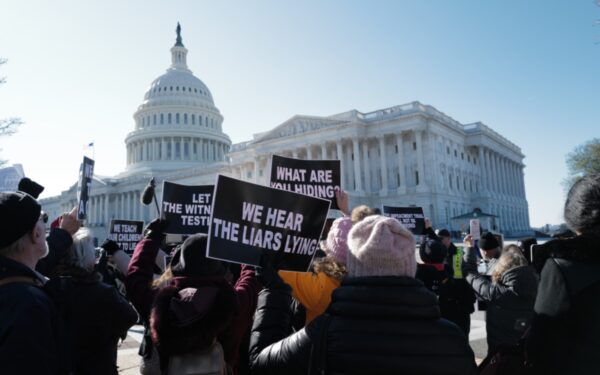America had awaited the verdict of the Derek Chauvin trial with all the sobriety and faith in the legal process we had come to expect, meaning near hysteria across the land and the media rushing to make premature judgements.
That meant cities preparing for a possible acquittal and rumours circulating that the National Guard was about to be called out across all 50 states. In the end, there was no need. The jury took just twelve hours – considered no time at all – to reach guilty verdicts on two charges of second and third-degree murder and one charge of manslaughter. In eight weeks, when the sentencing is expected, Derek Chauvin probably won’t face the 40 years in prison which is the theoretical upper limit, but he is certain to face enough time to underline the severity of his crime but also the damage done to race relations across America.




